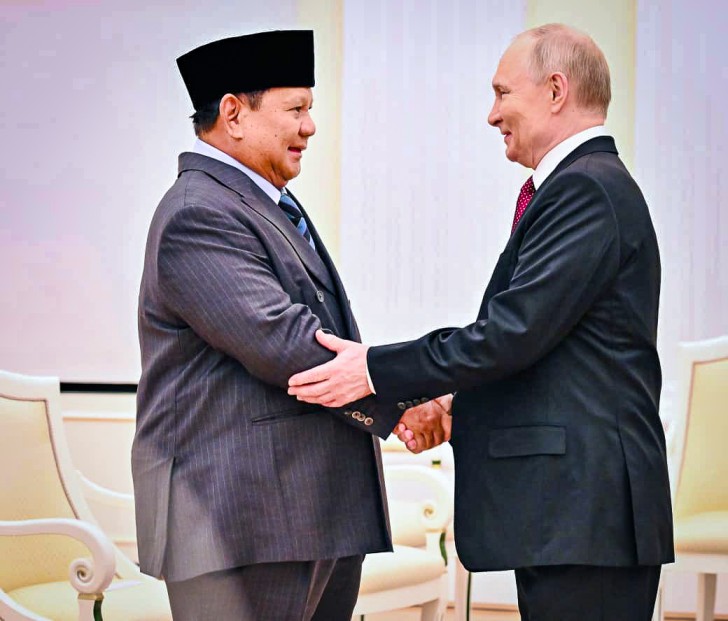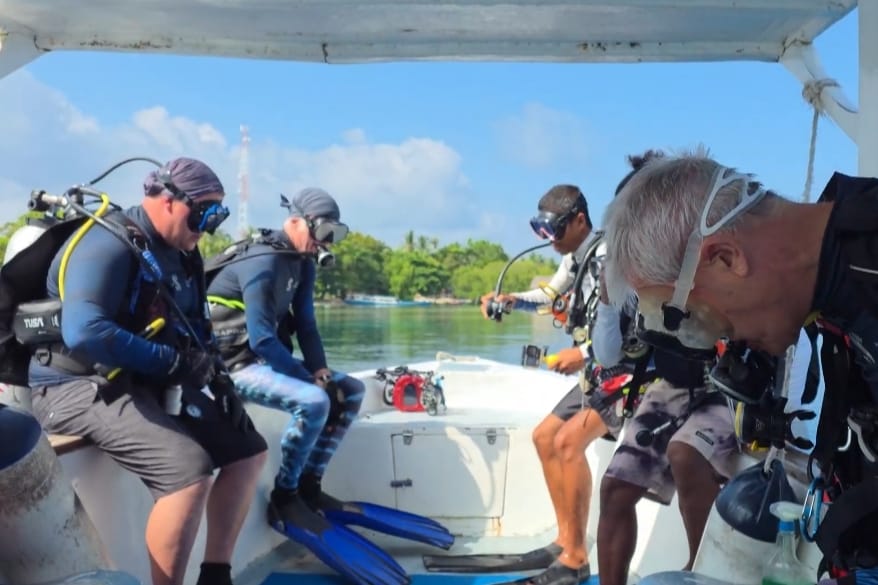Fishermen’s salted jellyfish products displayed at sharia economic festival

Fishermen’s salted jellyfish products are edible and can be used for various types of food besides having the potential for pharmaceutical uses.
Jakarta (Indonesia Window) – Fishermen’s salted jellyfish products from under developed, forefront and outermost areas on Paloh coastlines, Sambas district, West Kalimantan province, were exhibited at the Indonesia Sharia Economic Festival (ISEF) 2024.
Endang Rudiatin, a researcher and Head of the Center for Border and Coastal Studies (Locally known as its abbreviation PSPP), contacted on Monday in Jakarta, greatly appreciated the initiative of the Sharia Economic and Finance Department (locally known as its abbreviation DEKS) at Bank Indonesia (the central bank) in promoting these fishermen’s export products at ISEF 2024.
At the exhibition held from October 30 to November 3 in the Tobacco Main Lobby, fishermen’s salted jellyfish products are edible and can be used for various types of food and also has the potential for pharmaceutical uses.
In the West Kalimantan community, particularly among the Chinese ethnic groups in Pontianak and Singkawang, jellyfish is commonly consumed as a salad or stir-fried dish, and among the Malay ethnic group, it is often cooked as satay (grilled meat) or shredded fish (locally known as abon).
Jellyfish from Paloh’s coast is an export commodity for Taiwan, Korea, Singapore, Japan, and China. Buyers come to processing sites every jellyfish season to transact with the processing plant owners.
Paloh fishermen have been receiving guidance and assistance from the PSPP of Muhammadiyah University since 2022, with the support continuing through 2025 and possibly into 2026 to help them achieve self-sufficiency.
Endang expressed her hope that in the future, jellyfish could be processed along with other fishery and marine products into value-added processed products.
Currently, jellyfish remains the main source of income during the season, which falls between March and May each year. Sales prices still follow buyers’ offers.
The model village project as a partnership between DEKS and PSPP of Muhammadiyah University Jakarta has entered the human resource development phase, Endang said adding that Sharia financial literacy programs are expected to be elaborated further in upcoming training sessions.
In the Malay Sambas community, sharia financial practices have already become a lifestyle, with a culture of almsgiving and zakat (charity). Fishermen are trained to calculate from their catch sales.
“It’s not a large amount, but reviving the habit of giving zakat and almsgiving can serve as a safety net for fishermen during tough times,” she explained.
Prof. Abdul Mu’ti, a PSPP advisor who is now the Minister of Education in Indonesia, also provides guidance and consultation for every PSPP activity, emphasizing the importance of improving the education of fishermen’s children in the country’s under developed, forefront and outermost areas
“The next generation’s education must be enhanced, especially in facing the 4.0 revolution and moving toward society 5.0,” the minister said during the National Working Meeting II of the Central Muhammadiyah Waqf Empowerment Council at the Ultima Horison Hotel in Central Jakarta on November 3, 2024.
Reporting by Indonesia Window

.jpg)








